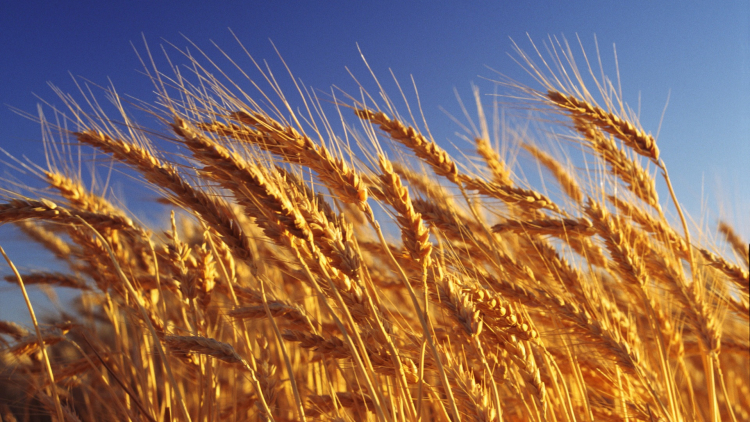India Creates Organic Seed Bank In Response to GMO Suicide Seeds
By Christina Sarich | Dec 05, 2013

“War and agriculture came together when the chemicals that were produced for chemical warfare lost their markets in war and the industry organized itself to sell those chemicals as agrochemicals.”
Across 17 states in India there are a group of organic seed-collecting activists who have decided to take Monsanto and other Big Ag and chemical companies down in this interminable fight the old-fashioned way – by beating them at their own game. The seed bank, called Navdanya also has a learning center called Bija Vidyapeeth (meaning school of the seed) that teaches the importance of biodiversity, conservation of the earth’s resources and organic farming methods.
The organization refers to GMOs as “biopiracy” and aims to rejuvenate the indigenous farming practices that have been passed down for multiple generations, often for more than thousands of years. The desire to teach people of their food rights and alternate means to staying healthy and well fed in the face of climate change without the use of genetically altered seeds and the herbicides, like Round Up, which are utilized to grow them.
Prince Charles, one of the British royals, visited Navdanya earlier this month, presenting a Rudraksh tree, during a symbolic planting, whose seeds are traditionally used as prayer beads in Hinduism. Prince Charles has a relationship with an organic activist, Dr. Vandana Shiva. Dr. Shiva is not only an activist, but has long been an advocate of human rights and has been awarded the Right Livelihood Award, considered the “alternate Nobel Prize.”
Prince Charles and Dr. Shiva both participated in a BBC Reith Lecture in 2000, where ecological and social issues were brought to attention. In this lecture, the plight of farmers that have been lured by Monsanto and other Big Ag companies is detailed:
“Farmers who traditionally grew pulses and millets and paddy have been lured by seed companies to buy hybrid cotton seeds referred to by the seed merchants as “white gold”, which were supposed to make them millionaires. Instead they became paupers. Their native seeds have been displaced with new hybrids which cannot be saved and need to be purchased every year at high cost. Hybrids are also very vulnerable to pest attacks. Spending on pesticides in Warangal has shot up 2000 per cent from $2.5 million in the 1980s to $50 million in 1997. Now farmers are consuming the same pesticides as a way of killing themselves so that they can escape permanently from unpayable debt.”















